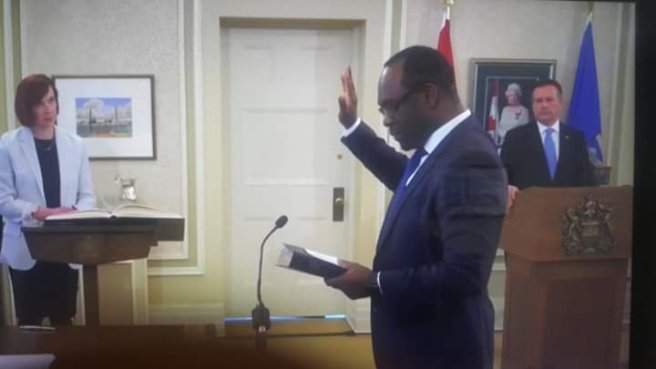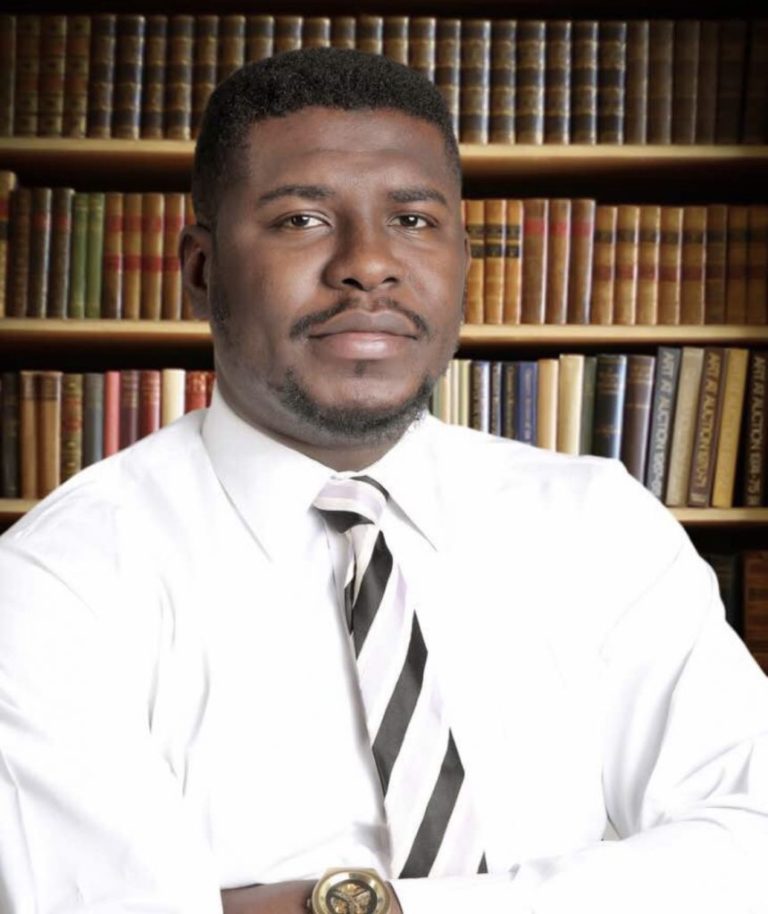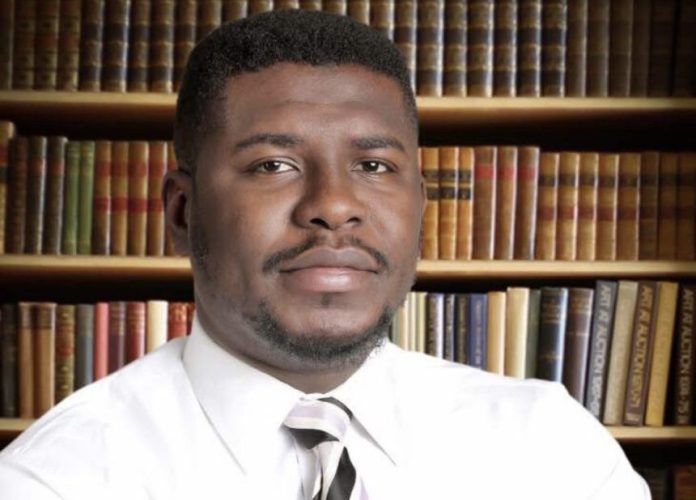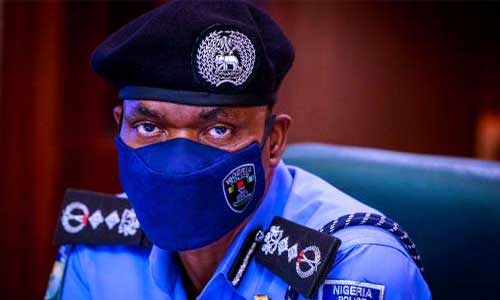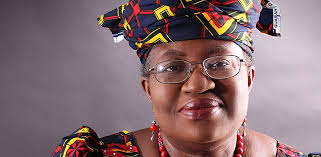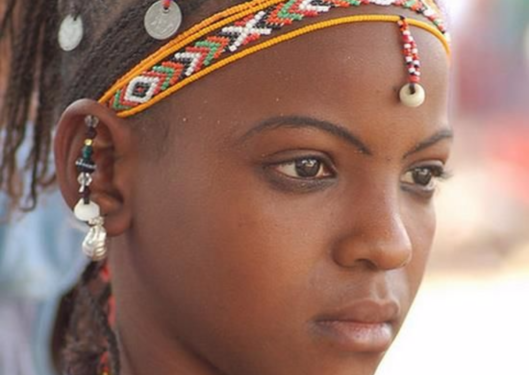By Tope Banso
THE DAUGHTERS OF ZELOPHEHAD
Zelophehad, a man of the tribe of Manasseh, died while the Israelites were wandering in the wilderness. He had no son, but only five daughters, Mahlah, Noah, Hoglah, Milcah, and Tirzah (Numbers 26:36; 27:1).
According to the Hebrew law of inheritance then, only the sons were entitled to their father’s inheritance. Women were denied inheritance.
Because Zelophehad had no male child inheritor, the five daughters went to Moses, their leader, with a demand to inherit the land due to their father. There was no provision of the law that addressed this particular situation.
The Bible says, “And they stood before Moses, before Eleazar the priest, and before the leaders and all the congregation, by the doorway of the tabernacle of meeting, saying: ‘Our father died in the wilderness; but he was not in the company of those who gathered together against the LORD, in company with Korah, but he died in his own sin; and he had no sons. Why should the name of our father be removed from among his family because he had no son? Give us a possession among our father’s brothers’” (Numbers 27:2-4 New King James Version).
There are some lessons to learn from these five daughters of Zelophehad. I imagine how everybody, including Moses, Eleazar the priest, the leaders and the entire congregation, listened to these ladies when they stood before them to state their case. It was a male-dominated society, but these ladies spoke and made a case for themselves.
I feel very proud of these ladies. They proved themselves to be worthy daughters of their parents. They challenged the status quo, which they considered unfair, and did so politely before the highest court presided over by Moses.
They looked at themselves and wondered what would happen to their father’s name in his clan. They, therefore, demanded the inheritance due to their father, more so that their father didn’t die as a rebel.
They fought for the name of their father; they fought for themselves. Since there was no precedent for their demand, Moses had to take the matter to the LORD.
The LORD replied in their favour. He said, “The daughters of Zelophehad speak what is right; you shall surely give them a possession of inheritance among their father’s brothers, and cause the inheritance of their father to pass to them” (Numbers 27:7 New King James Version).
The five daughters, by their action, set a precedent. A new law was made, because of these daughters of Zelophehad, to address a situation where a man, with no male child, died leaving only female children. The new law included the provision that in case a dead man had no male inheritor, the female children would not be denied the right of inheritance. However, they must marry within their tribes so that the inheritance could remain with each tribe (Numbers 27:8; 36:2-11).
Although some people prefer one sex to the other in the family, God determines the sex of the children He gives each person. He gave Zelophehad five daughters who could stand for themselves. He gave Phillip the evangelist four virgin daughters who prophesied (Acts 21:9-10).
The daughters of Zelophehad didn’t send any uncle to argue their matter; they went themselves! That tells you the stuff they were made of! They were not like Esau, who sold his birthright and felt it was nothing (Genesis 27:34-40; Hebrews 12:17). The daughters of Zelophehad believed the inheritance was important.
Attributes of the daughters of Zelophehad
1. They were knowledgeable. They were not ignorant of how their father died and what happened in Israel in the past. They came before Moses, Eleazar the priest, and the leaders and the entire congregation and stated the fact which nobody controverted.
They argued, “Our father died in the wilderness; but he was not in the company of those who gathered together against the LORD, in company with Korah, but he died in his own sin; and he had no sons. Why should the name of our father be removed from among his family because he had no son? Give us a possession among our father’s brothers’” (Numbers 27:3-4 New King James Version). Nobody challenged their claim.
There are pieces of information your children should know about your family. Educate them.
2. They were confident children. They had robust self-esteem. Despite the fact that Israel was a male-dominated society, they could stand before Moses to make their demand without any fear of intimidation.
Parents should build their children’s self-esteem. They and other members of the family shouldn’t look down on female children or make them look down on themselves. Train your children, female and male, to be confident.
3. They were good communicators. They spoke so well that Moses had no option than to go to God. Moses couldn’t wave aside their submission.
Children must be taught to develop basic communication skills. That doesn’t mean they must become orators! Let your children express themselves. When they’re wrong, correct them. Don’t shout them down or embarrass them.
4. They had a good understanding of God, and faith in Him to redress injustice. They didn’t believe that the existing law was final and nothing else could be done where there was a gap or injustice. They obviously didn’t believe that God would support the unfairness or injustice that they complained about. And God said they were right.
5. They had regard for their father. Although their father had died, they honoured his memory. They didn’t want his name to be removed from their family. They said, “Why should the name of our father be removed from among his family because he had no son? Give us a possession among our father’s brothers” (Numbers 27:4 New King James Version).
One of the Ten Commandments, the first with a promise, says, “Honour your father and your mother, that your days may be long upon the land which the LORD your God is giving you” (Exodus 20:12 New King James Version).
Moses referred to this commandment in Deuteronomy 5:16. Also, Jesus quoted this commandment (Matthew 15:4; 19:19; Mark 7:10; 10:19; Luke 18:20). Similarly, Paul quoted it in Ephesian 6:2. Children must honour their parents.
6. They didn’t play the victim. They could have sat down at home grumbling or complaining. They could have blamed their dead father or mother for their failure to give birth to a male child!
They could have even blamed God, Moses or the other Israelites for the inheritance law that didn’t favour them. But they didn’t whine. They didn’t agonize; they organized. They must have held a meeting, planned what to do and rehearsed what to say.
Train your children never to see themselves as victims. They should think as victors. They must develop a problem-solving mind. They have the Holy Spirit as their advantage.
Raise your daughters never to feel inferior to men. The daughters of Zelophehad told Moses and the other leaders, “Give us a possession among our father’s brothers” (Numbers 27:4 New King James Version). In other words, don’t treat us less than the men.
7. They had foresight. They didn’t live only for the moment. They considered the future. The inheritance they were asking for was a share in the Land of Canaan, which the Israelites had not even possessed. But they had faith in God that they would conquer the land and they wanted the inheritance due to their father. They didn’t want the name of their father to disappear from his family. And God said Moses should cause the inheritance of their father to pass to them (Numbers 27:7).
It was under Joshua’s leadership that the allotment of the Land of Canaan to the different tribes was done. Joshua obeyed God’s command and allotted the inheritance due to Zelophehad to his daughters (Joshua 17:3-6).
You may never know what you could achieve until you act. The daughters of Zelophehad acted wisely concerning their situation and God granted their request. Of course, Moses did, too. He caused their father’s inheritance to be passed to them on the condition that they must marry within their father’s tribe (Numbers 26:33; 27:1-11; 36:2-11). Finally, Joshua allotted the inheritance to them.
Galatians 3:26-29 says, “For you are all sons of God through faith in Christ Jesus. For as many of you as were baptised into Christ have put on Christ. There is neither Jew nor Greek, there is neither slave nor free, there is neither male nor female; for you are all one in Christ Jesus. And if you are Christ’s, then you are Abraham’s seed, and heirs according to the promise” (New King James Version).
Train your children to imbibe qualities or attributes that will make them excel in life. Whether God has given you all boys, all girls, or both sexes, train them well. God determines the sexes of children He gives people. Don’t complain; don’t be ungrateful. There are people who’re crying to God to give them what some people seem not to appreciate.
More importantly, as Christians, we must always remember that God has qualified us to be partakers of the inheritance of the saints in the light (Colossians 1:12).
God has reserved a priceless inheritance for His children which is kept in heaven for us; it is an incorruptible and undefiled inheritance (1 Peter 1:4). You won’t miss your inheritance in Jesus’ name.
PRAYER POINTS: Father, thank you for the children you have given me. I repent of my ingratitude by preferring one sex to the other; please forgive me. Father, help me to train well the children you have given me or will give me. Father, please visit everyone trusting You for the fruit of the womb and give them babies. Make them joyful mothers by this time next year.
This is wisdom for living, and it’s worth sharing. Please share.
(For over 300 in-depth and powerful messages by T.O. Banso, visit: www.cedarministry.org).
▪︎ Banso, an Abuja-based Minister, heads
Cedar Ministry International, and can be reached at [email protected], [email protected]; Tel No: +2348155744752, +2348033113523;
WhatsApp No: +2349081295947



